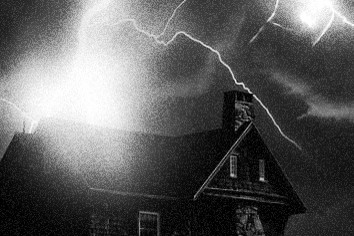Why Study Dramatic Writing?

Dramatic writing involves writing stories and books that tell interesting and suspenseful stories.
It also can be writing scripts for film, television and theatre.
Dramatic writing will involve dialogue, action, maybe visual aspects. It will convey emotion and meaning to the reader or audience.
Studying dramatic writing helps you to develop your writing skills further.
Who Is This Course Suitable For?
If you are a keen writer who would love to write more dramatic and suspenseful stories, books or scripts, then studying dramatic writing is a good way forward. The course does not assume any prior knowledge, so it is suitable for beginners and professional writers. You develop and improve your writing as you move through the course.
What Will You Learn in This Course?
The course consists of nine modules. There are seven core modules looking at dramatic writing, writing fiction, writing poetry etc. You then choose two modules from a list of electives that suit you and your interests.
During the course you will –
- Learn the skills you need.
- Understand the scope and nature of the genre.
- Explore the possibilities for earning an income from work you undertake
- Discover the reality of dramatic writing.
- Develop your skills in writing, reviewing and editing.
- Understanding the scope and nature of the genre.
- Learn about writing fiction, how to plan a novel and the submission of a manuscript.
Modules